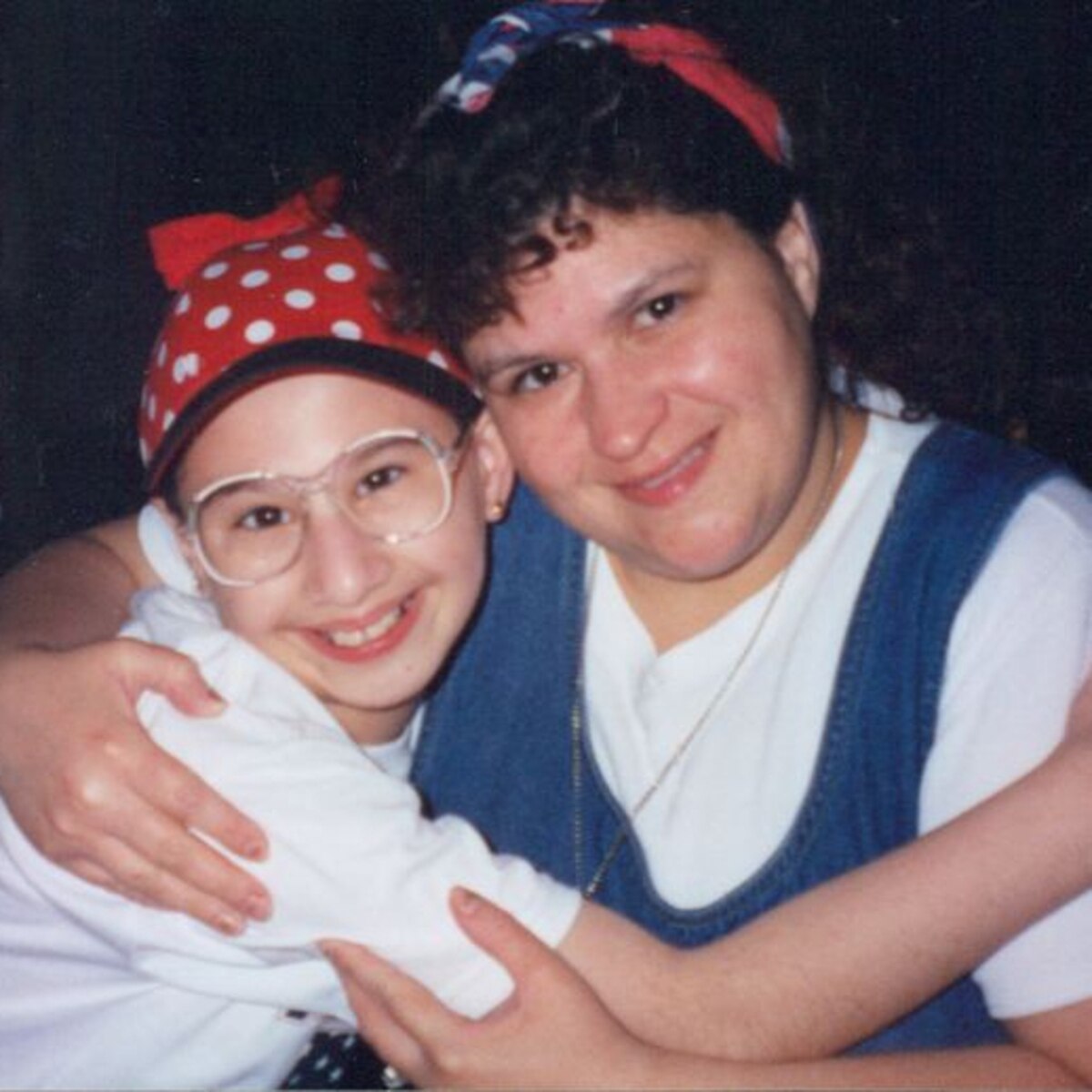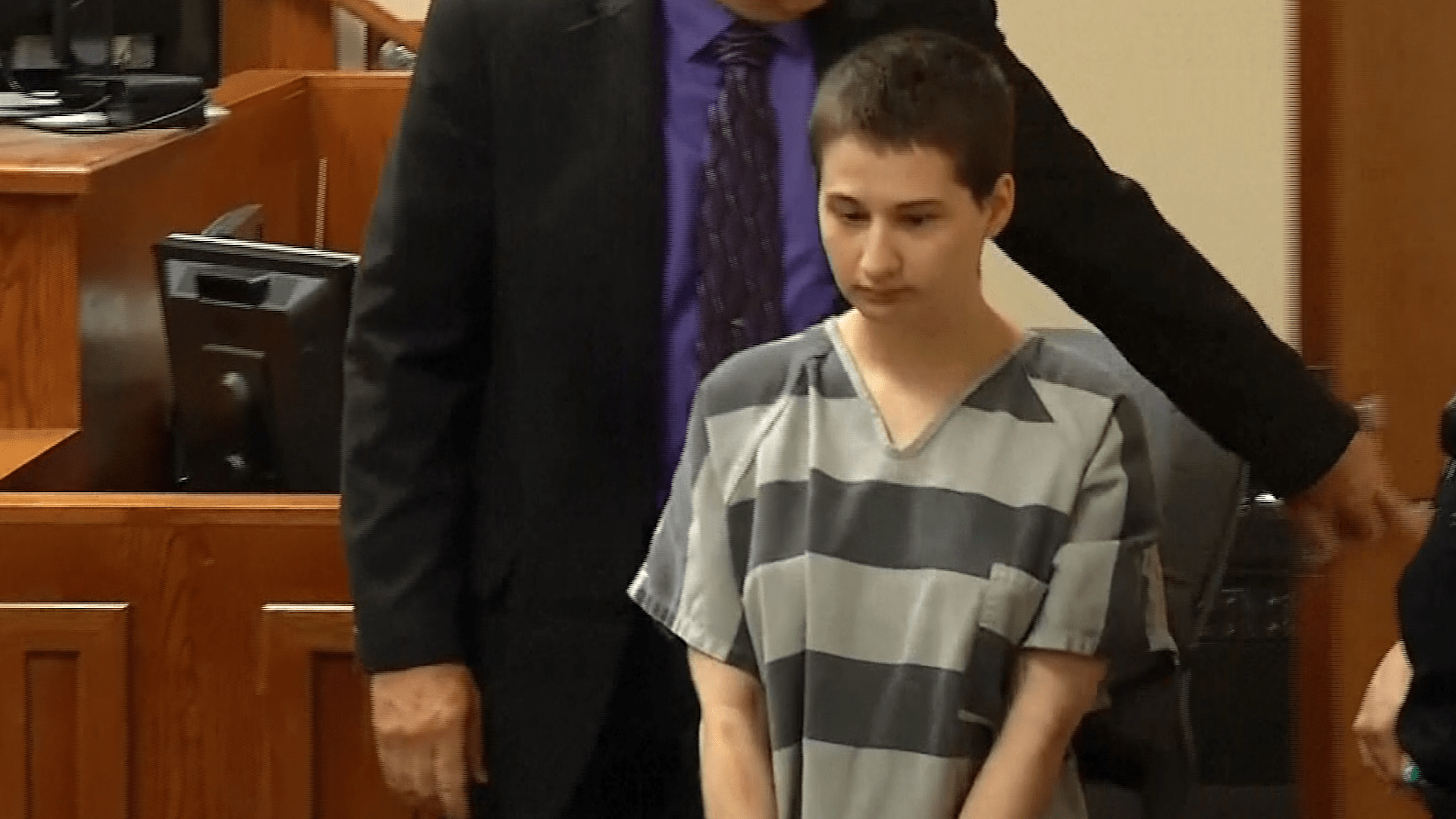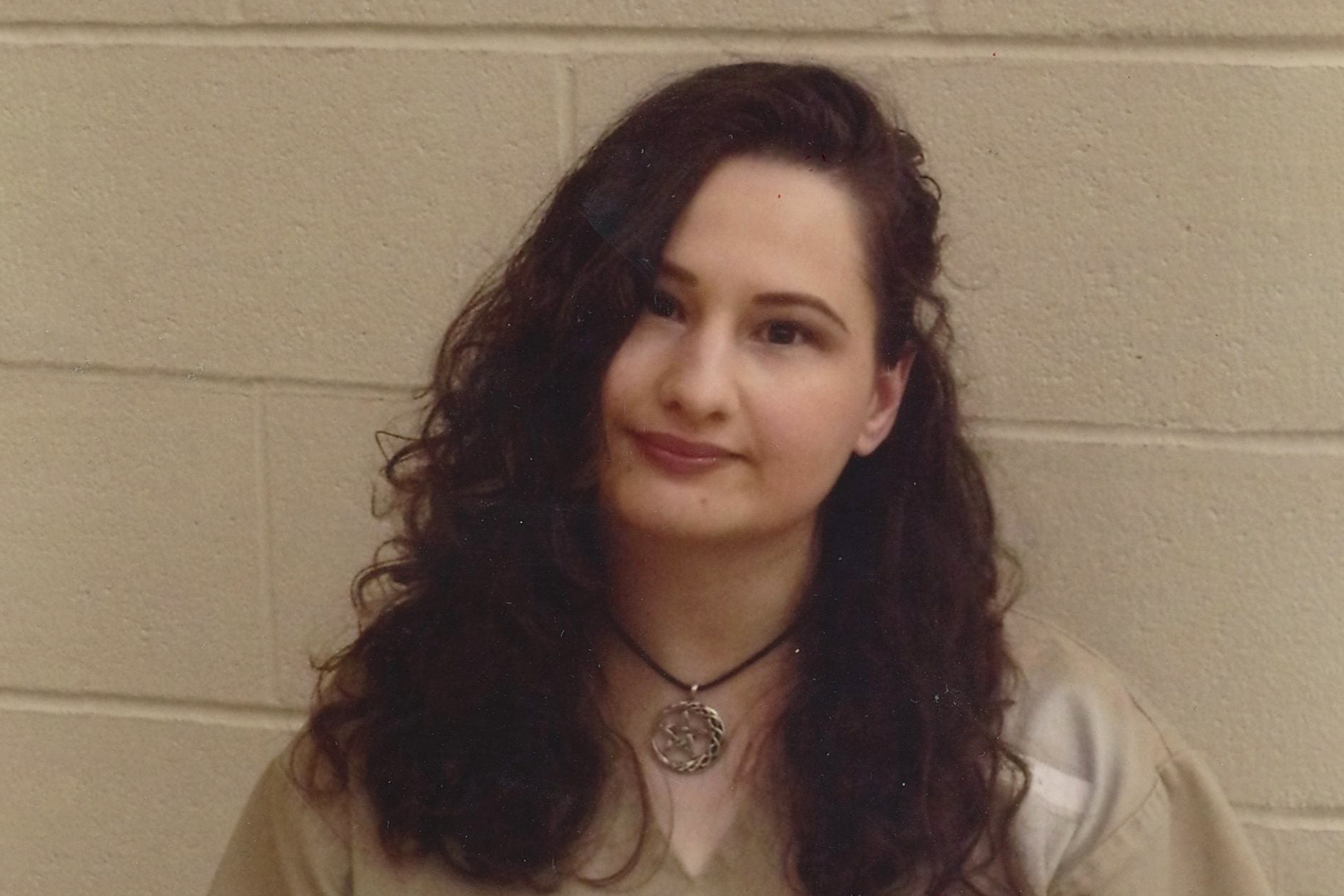Unraveling The Tragic Story Behind Gypsy Rose's Crime Scene Photos Of Her Mom
The chilling case of Gypsy Rose Blanchard and her mother, Dee Dee Blanchard, is a harrowing tale that has captivated audiences worldwide. With the release of crime scene photos, the complexities of their relationship become even more pronounced. Many people are left grappling with the question of how a mother could subject her daughter to such torment, leading to a horrific crime. As we dive deeper into the details surrounding Gypsy Rose and her mother's tragic story, we will explore the implications of these crime scene photos and what they reveal about their lives.
The situation was exacerbated by the unique psychological condition known as Munchausen syndrome by proxy, which Dee Dee exhibited. This form of abuse not only affected Gypsy's physical health but also her emotional and mental state. The shocking crime scene photos serve as distressing reminders of the lengths to which Dee Dee went to maintain control over Gypsy's life. In this article, we will dissect the background of this case, the events leading to the tragic crime, and the aftermath that left Gypsy Rose struggling to reclaim her identity.
The story of Gypsy Rose and her mother raises crucial questions about the nature of abuse, societal perceptions, and the justice system. As we explore these topics, we will delve into the specific details of the crime scene photos and the implications they hold for understanding the dynamics of their relationship. The following sections aim to shed light on this tragic tale, offering insights into Gypsy's biography, the crime itself, and the ongoing discussions surrounding the case.
What is the Biography of Gypsy Rose Blanchard?
Gypsy Rose Blanchard was born on July 27, 1991, in Baton Rouge, Louisiana. Her life was marked by severe medical abuse at the hands of her mother, Dee Dee Blanchard. Below is a brief overview of her personal details and biography:
| Detail | Information |
|---|---|
| Full Name | Gypsy Rose Blanchard |
| Date of Birth | July 27, 1991 |
| Place of Birth | Baton Rouge, Louisiana |
| Parents | Dee Dee Blanchard |
| Known For | Victim of Munchausen syndrome by proxy |
| Current Status | Imprisoned for the crime of murder |
What Led to the Crime Involving Gypsy Rose and Her Mom?
The relationship between Gypsy Rose and Dee Dee was fraught with manipulation and deceit. Dee Dee inflicted numerous medical conditions on Gypsy, claiming her daughter suffered from several ailments, including leukemia, muscular dystrophy, and cognitive impairments. However, many of these claims were fabricated.
The psychological abuse was compounded by physical abuse, with Gypsy often being subjected to unnecessary medical treatments, medications, and surgeries. Dee Dee controlled every aspect of Gypsy's life, isolating her from the outside world. As Gypsy grew older, she began to realize the extent of her mother's deception, leading to feelings of anger and betrayal.
What Do the Crime Scene Photos Reveal?
The crime scene photos of Dee Dee Blanchard's murder reveal a haunting depiction of the events that transpired on that fateful day in June 2015. These images are not only graphic but also provide insight into the chaotic atmosphere that Gypsy experienced as she sought her freedom from her mother's oppressive grasp.
- Location: The crime scene was located in the Blanchard home in Springfield, Missouri.
- Condition of the Scene: The photos show signs of struggle, indicating a tumultuous confrontation.
- Evidence: Various items found at the scene, including the weapon used in the crime, help piece together the narrative.
- Emotional Impact: The images evoke a deep sense of tragedy and serve as a stark reminder of the severe psychological trauma Gypsy endured.
How Did Gypsy Rose's Life Change After the Crime?
After the crime, Gypsy Rose's life underwent a drastic transformation. Initially arrested and charged with first-degree murder, Gypsy faced immense scrutiny from the public and media. However, as the details of her abusive upbringing emerged, many began to sympathize with her plight.
In 2016, Gypsy pleaded guilty to second-degree murder and was sentenced to ten years in prison. While she was incarcerated, her story garnered widespread attention, leading to discussions about the nature of abuse and the complexities of victimhood. Despite the tragic circumstances, Gypsy's case has sparked conversations about mental health, the legal system, and the importance of recognizing signs of abuse.
What Are the Broader Implications of Gypsy Rose's Story?
Gypsy Rose's narrative raises important questions about societal perceptions of abuse and the responsibilities of medical professionals. Her case highlights several key issues:
- Awareness of Munchausen Syndrome by Proxy: Many individuals are unaware of this form of abuse, which can lead to severe consequences for victims.
- Support Systems: The need for robust support systems for victims of abuse is paramount, as they often feel isolated and powerless.
- Legal Reforms: Gypsy's case underscores the necessity for legal reforms that better protect victims of domestic abuse.
- Media Representation: The media plays a significant role in shaping public perceptions of abuse, and responsible reporting is crucial.
What Is Gypsy Rose Doing Today?
As of now, Gypsy Rose Blanchard continues to serve her sentence. She has expressed remorse for her actions and has also sought to use her experiences to help others. Gypsy has engaged in various activities to better herself, including:
- Education: Gypsy has been pursuing her education while in prison.
- Advocacy: She hopes to advocate for victims of abuse once she is released.
- Therapeutic Programs: Gypsy has participated in programs aimed at addressing the psychological impact of her past.
Conclusion: What Can We Learn from Gypsy Rose's Experience?
Gypsy Rose's story serves as a poignant reminder of the complexities of abuse and the resilience of the human spirit. The crime scene photos of her mother present a haunting snapshot of the tragic events that unfolded. As society continues to grapple with these issues, it is crucial to foster understanding, empathy, and awareness surrounding the signs of abuse.
Ultimately, Gypsy's journey reflects the need for a collective effort to protect and support victims of domestic violence and abuse. By learning from her experiences, we can work towards creating a safer and more compassionate world for those who face similar struggles.



ncG1vNJzZmivp6x7s7HBnqOrmZ6YtbjFzmeaqKVfnru0tcahq6xxX5zGsb%2FYZqmoq5VisLO1zJ5krJuVo7JuvMeoq6irXaK8rnrHraSl